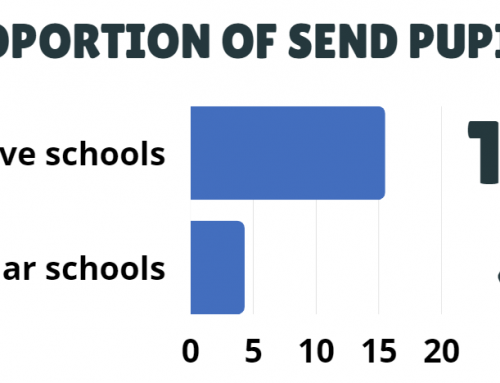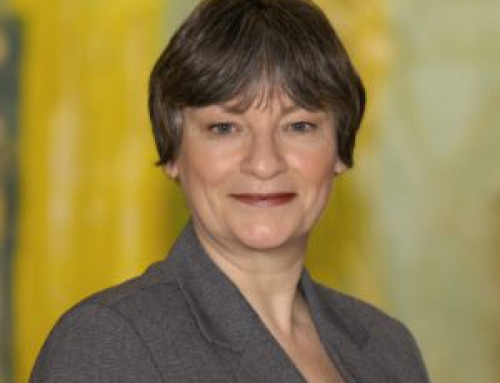David Miliband MP, Minister for School Standards, today told a packed meeting at the Labour Party Spring Conference that, were he a parent, he would vote against the 11plus examination in any local ballot on transfer tests to secondary schools.
Responding to criticism from delegates and local councillors about the fixing of the electorates for local ballots, he acknowledged that it was necessary to learn from the experience of parents in Ripon, Trafford, Buckinghamshire and Kent who had tried to launch the ballot procedure.
He added that it was essential, in any debate about the future organisation of secondary schools, that the Government struck the right balance between what was the clear responsibility of central government and what was legitimately an issue for local determination.
Today’s meeting was organised by Comprehensive Future, the Labour Campaign to Modernise School Admissions. The meeting was also addressed by Cllr Peter Clarke, Leader of Gloucestershire County Council and Cllr Pauline Lane, Deputy Leader of Trafford MBC both of whom spoke of the damaging and divisive effect of selection on secondary schools in their local
authorities.
Cllr Clarke spoke of the ferocious abuse he had received when proposing a reorganisation of secondary schools in Gloucester where hundreds of children were bussed in and out of the city every day and local children prevented from attending their nearest school.
Cllr Lane spoke of the huge costs of secondary selection in respect of transport and the administration of the tests. These costs would increase following the new Workforce Agreement for teachers which would require the employment of large numbers of additional administrative staff simply to supervise the tests.
The meeting was chaired by David Chaytor, MP for Bury North and Chair of Comprehensive Future, who commented:
‘ It is increasingly obvious that selection at 11 is unsustainable educationally, socially and financially. It is holding back the Government’s achievements both in raising standards and increasing participation beyond 16. This issue can no longer be swept under the carpet.’





